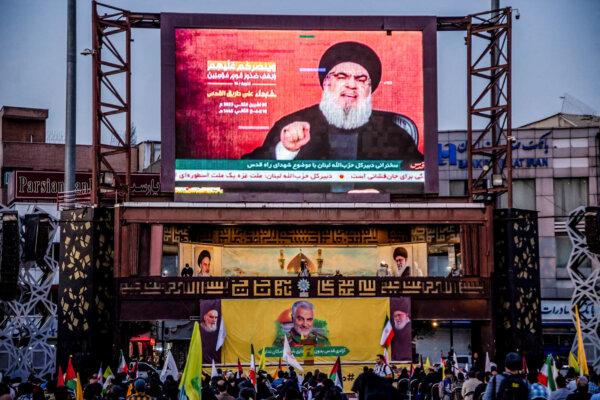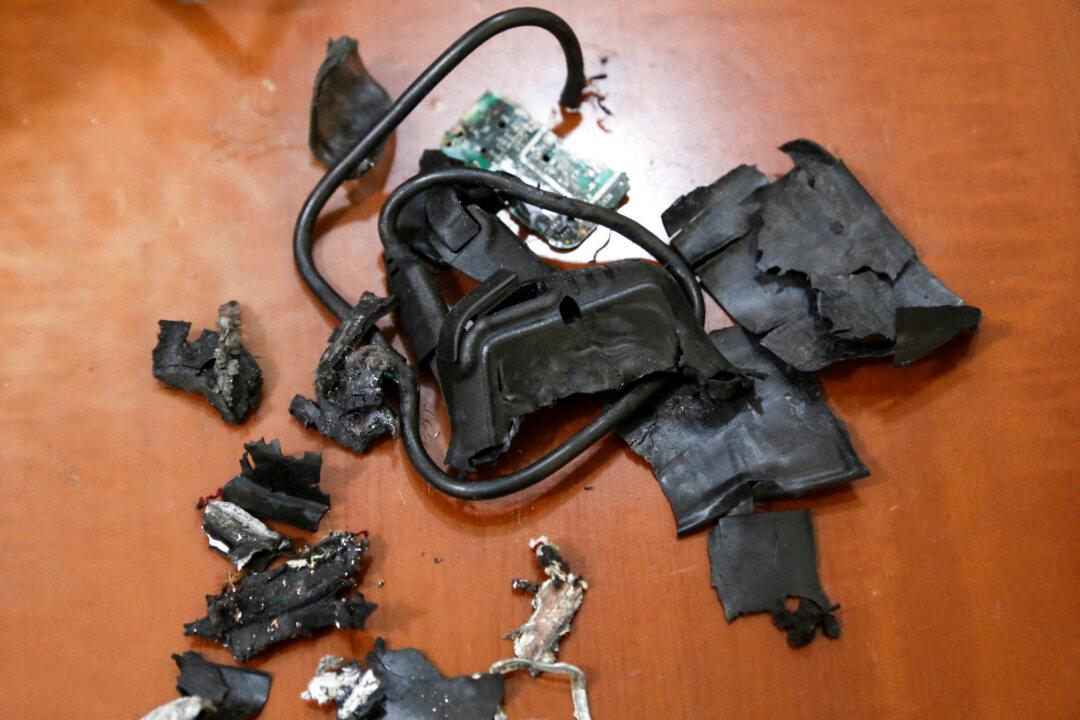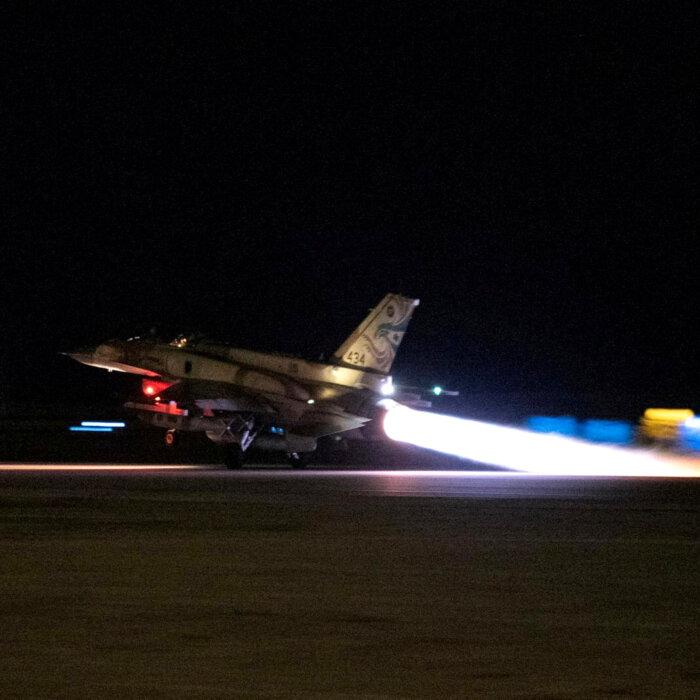Taiwan’s economy minister, Kuo Jyh-huei, has said components used in thousands of pagers that exploded in Lebanon on Sept. 17 were not made on the island.
On Sept. 20, Kuo said, “I can say with certainty they were not made in Taiwan.”
“The components are low-end IC [integrated circuits] and batteries,” he added.
Kuo said the judicial authorities were investigating the matter.
Hsu Ching-kuang, the president of Gold Apollo—whose branding appeared on remnants of the beepers in Lebanon—was questioned by prosecutors in Taiwan on Sept. 19.
Produced by Hungarian Company
Hsu, who founded Gold Apollo, said earlier this week his company did not manufacture the devices but had outsourced them to a company based in Hungary, BAC Consulting, which had been licensed to use the brand.About 3,000 of the pagers exploded on Sept. 17, and Iran-backed Hezbollah has claimed that the Israelis were responsible, although Israel has not confirmed it nor commented on the incident.
Hsu declined to answer questions from reporters as he left the offices of the Taiwanese state prosecutors in Taipei late on Sept. 19.
The Taiwanese prosecutors have not commented on their investigations into Gold Apollo.
Teresa Wu, the sole employee of a company called Apollo Systems Ltd, also refused to talk to journalists as she left the same prosecutor’s office on Sept. 19.
On Sept. 18, Hsu said a person named Teresa had been one of his contacts for the deal with Budapest-based BAC.
Journalists from several media organizations have visited BAC’s listed office but have found no signs of a manufacturing facility or anyone claiming to work for the company.
Twelve people, including two children, were killed when the pagers exploded between 3:30 p.m. and 4:30 p.m. after apparently receiving a coded message that triggered their destruction, according to local authorities.
Hundreds of people, many of them Hezbollah members, were injured, and surgeons in Beirut said most of the injuries were to the hands and eyes as the owners of the pagers held them up to check them moments before they exploded.
There was then a follow-up attack on Sept. 18 when hundreds of walkie-talkies blew up across Lebanon, including several at Hezbollah funerals.
Fake Japanese Walkie-Talkies
The walkie-talkies carried the branding of the Japanese company Icom, but they are believed to have been counterfeit products.Icom, which is based in Osaka, said it had not produced or exported the IC-V82 model, nor the batteries required to operate them, for 10 years.
Ray Novak, a senior sales manager for Icom America’s amateur radio division, said at a trade show in Rhode Island on Sept. 18, “I can guarantee you they were not our products.”
On Sept. 19, Israel bombed several Hezbollah artillery positions in southern Lebanon.
Since the start of the Gaza conflict in October 2023, Hezbollah has fired thousands of mortars and rockets into northern Israel and the Israeli-occupied Golan Heights, killing dozens of people.

Hezbollah leader Hassan Nasrallah, in a televised address on Sept. 19, described the attacks as an unprecedented security and military blow to Lebanon.
Speaking from an undisclosed location, Nasrallah said the pager and walkie-talkie attacks had “crossed all red lines,” and he promised retaliation.
Hezbollah has been an enemy of Israel since its inception in the early 1980s, and in 2006 the adversaries fought a war in southern Lebanon, which led to more than 1,200 deaths, including those of 121 Israeli soldiers.







